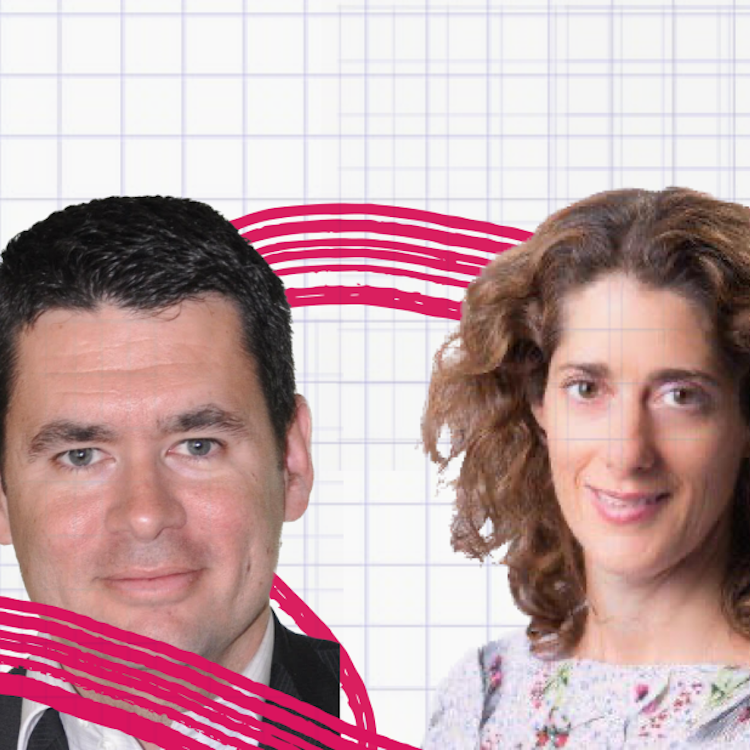Building on its motto "Committed to improving the state of the world”, the World Economic Forum has for the past 53 years brought together over 5 days each year arch-enemies, the crème de la crème of global politics, business, the media and NGOs, and enabled discussions between opinion leaders from all over the world without advisors or entourage.
Never before was the number of visitors lining the streets of this posh resort in the Swiss Alps as high as in 2024 — we’re talking 50k people, for just 2,813 official participants, the famous white badges.
But one thing has changed radically: it’s no longer at the Congress Centre, where the forum takes place, that everything happens. Ten years ago, if you weren't inside, there was no point in going to Davos. Discussions took place in this hushed setting, often off-the-record.
The likes of Bill Gates and Mick Jagger were free to walk around and meet each other, which contributed to the famous magic of Davos, creating exchanges, forging links and envisaging cooperations.
Today, a whole universe unfolds along the famous Promenade and throughout the city. Some people don’t even know there’s an official forum, and the leaders protect themselves, staying in their limousines or hotel suites.
Multinational and ambitious startups, countries and the media have their own pavilions and organise events from morning to night. It’s no longer the exclusive forum that led to the creation of the concept of “Davos Man”, that super-powered being who could exchange with the world’s greats.
Today, almost anyone can come and have a minister’s agenda from morning to night. But it’s no longer about exchanging ideas or forming opinions: the new Davos has become a platform for spreading ideas and pitching to clients, investors or journalists.
There is an opportunity to reinvent a platform for exchanges in a fragmented world
Most Big Tech firms, with the notable exception of Apple, have among the largest presence, and ambitious founders and technology universities affirm their presence through joint pavilions. Sam Altman from OpenAI was ubiquitous and seems to have been on all panels this year.
One’s importance is measured by the number of likes or selfies at the countless parties one skims. It’s also much harder to stand out, as one event, roundtable or dinner chases another.
And the costs are such that member companies are nudged to make the most of this big investment with a flurry of business meetings, bilaterals and presentations. A telling fact: budgets have shifted from the CEO’s office to marketing or public affairs. Welcome to WAF, the World Annual Festival.
But if you’re looking for the place where leaders work together to solve the world’s problems, we now have to find something else. Klaus Schwab, the forum’s founder, and his teams are well aware of this, focusing their efforts on the search for “solutions” and creating a multitude of private sessions to bring stakeholders together, unfiltered.
Paradoxically, these sessions give the impression of a secret forum within the forum, and a dispersal of discussions when many issues are linked.
There is an opportunity to reinvent a platform for exchanges in a fragmented world, which no longer really talks to each other, marked by the immediacy imposed by social networks.
Using AI to enable those who need to meet to talk to each other, returning to a human scale and getting rid of the marketing fluff that is detrimental to the forum’s image — these are just some of the ways in which it can be reinvented.
Schwab had a real vision in understanding that subjects had to be considered through political, economic, media and societal prisms all at the same time — the multi-stakeholder approach.
At a time when the complexity of human ecosystems has never been so marked by the interconnection between all these worlds, when the stakes — starting with climate change — are planetary, when the risk of disconnection with citizens and fragmentation is at its highest in a world in permanent crisis, it is our responsibility to reinvent the Agora of the 21st century.




